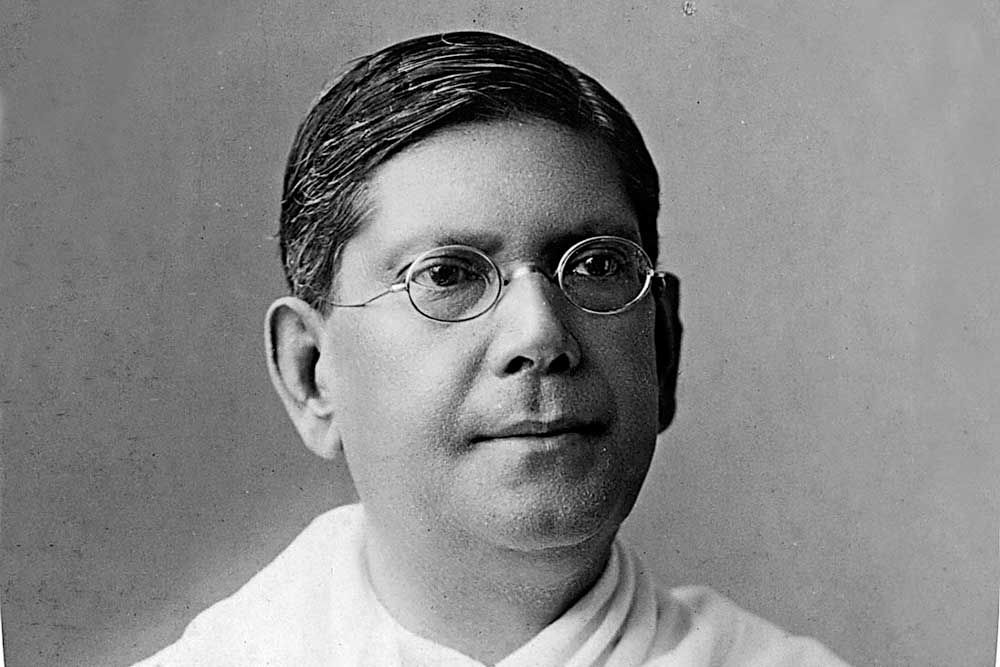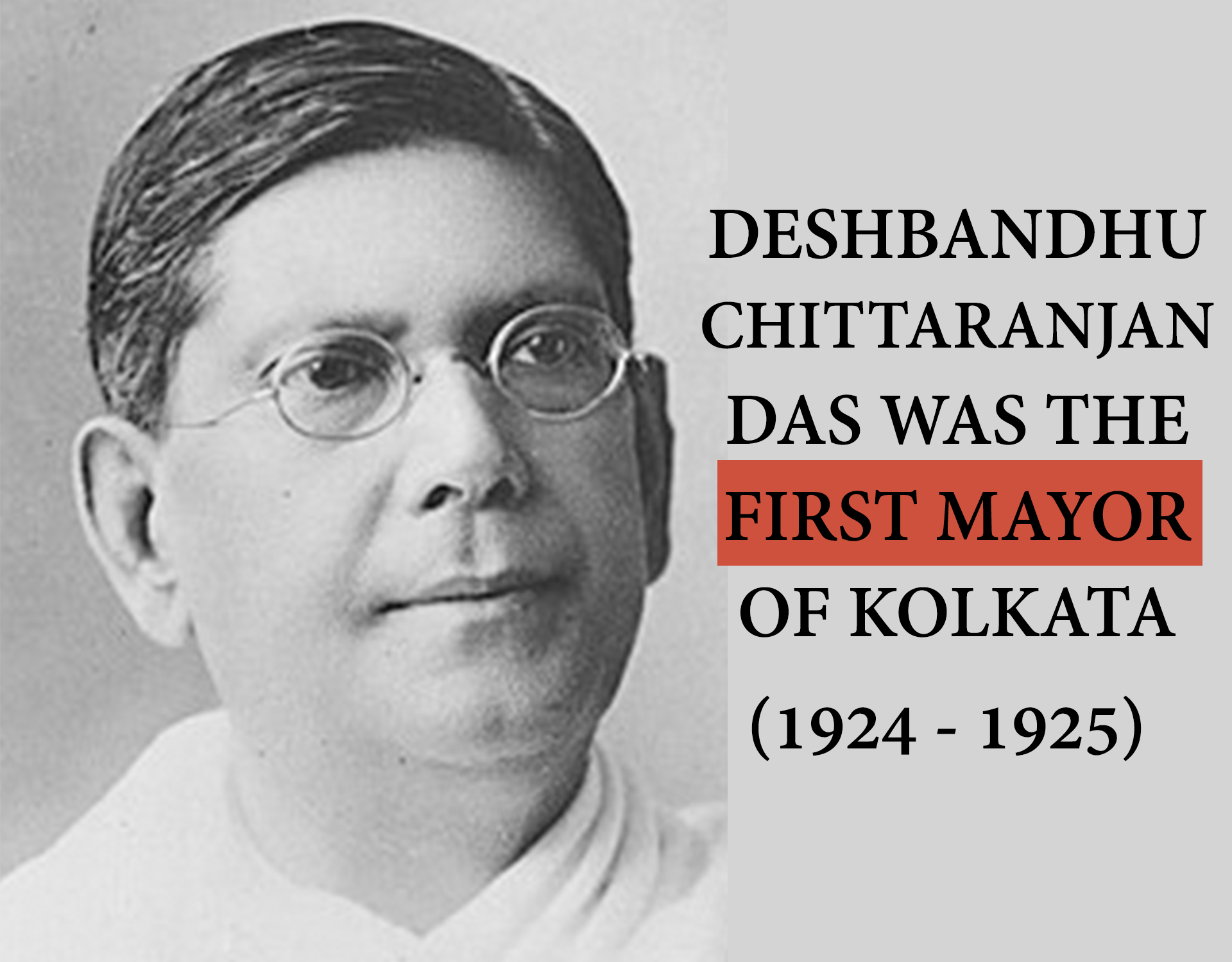Deshbandhu Chittaranjan Das: The Torchbearer of Indian Freedom Movement

Introduction
Deshbandhu Chittaranjan Das, popularly known as “Deshbandhu” (Friend of the Nation), was one of India’s most revered freedom fighters and social reformers. A stalwart of the Indian National Movement, his selfless contributions to the struggle for independence and his dedication to societal upliftment continue to inspire millions. Born on November 5, 1870, in Kolkata, Das was a visionary leader who combined his legal acumen with his passion for justice to fight for India’s freedom.
Early Life and Education
Deshbandhu Chittaranjan Das was born into an affluent and educated Bengali family. His father, Bhuban Mohan Das, was a solicitor, and his mother, Nistarini Devi, was a devout and caring homemaker. From an early age, Das exhibited a keen interest in academics, excelling in his studies at Presidency College, Kolkata.
After completing his education in India, Das moved to England to study law at the Inner Temple, London. His time in England exposed him to various political ideologies and fueled his desire to serve his nation.
Career as a Lawyer
Das’s legal career is marked by brilliance and unwavering integrity. Upon his return to India in 1893, he started practicing law in Kolkata. His moment of fame came when he defended Aurobindo Ghosh, a revolutionary accused in the Alipore Bomb Case of 1908. Das’s eloquence and determination in court not only secured Ghosh’s acquittal but also established him as one of India’s finest lawyers.
Key Achievements as a Lawyer
- Defense of Aurobindo Ghosh in the Alipore Bomb Case.
- Known for taking up cases in support of the nationalist cause, often pro bono.
- Used his legal prowess to fight against British injustices.
Role in Indian Freedom Movement
Deshbandhu Chittaranjan Das transitioned from a successful legal career to full-time participation in the freedom movement. He was deeply influenced by Mahatma Gandhi’s principles of non-violence and civil disobedience, though he also advocated for more radical approaches when necessary.
Leadership in the Indian National Congress
Das became actively involved in the Indian National Congress (INC), serving as its president in 1922. His tenure was marked by bold initiatives aimed at mobilizing the masses against British rule. He worked alongside leaders like Mahatma Gandhi, Subhas Chandra Bose, and Motilal Nehru, leaving an indelible mark on the movement.
Formation of Swaraj Party
In 1923, dissatisfied with the Congress’s suspension of non-cooperation, Das co-founded the Swaraj Party with Motilal Nehru. The party aimed to achieve self-rule through constitutional means and provided an effective opposition to the British government in legislative councils.
Notable Contributions of the Swaraj Party
- Advocated for civil liberties and democratic governance.
- Opposed repressive colonial laws.
- Created awareness about the need for self-rule.
Social Reforms and Philanthropy
Chittaranjan Das’s vision extended beyond politics. He believed in an inclusive society where every individual, irrespective of caste or religion, could thrive. His contributions to education, women’s empowerment, and social equality were groundbreaking.
Contributions to Social Reforms
- Women’s Empowerment: Das was a staunch advocate for women’s rights, encouraging their participation in the freedom struggle and public life.
- Educational Initiatives: He supported the establishment of schools and colleges for the underprivileged.
- Caste Equality: Das campaigned against untouchability and worked towards integrating marginalized communities into the mainstream.

Legacy in Literature
Apart from his political and social endeavors, Deshbandhu Chittaranjan Das was also a prolific writer and poet. His literary works reflected his deep philosophical insights and love for India.
Notable Works
- Sagar Sangit: A collection of his poems expressing his spiritual outlook.
- Malancha: A play highlighting his literary prowess.
Das’s writings remain a testament to his multifaceted personality and intellectual depth.
Personal Life
Deshbandhu Chittaranjan Das married Basanti Devi, who herself became a prominent figure in the freedom movement. Together, they exemplified a life dedicated to national service. Basanti Devi continued his legacy after his untimely demise.
Demise and Legacy
Deshbandhu Chittaranjan Das passed away on June 16, 1925, at the age of 55 in Darjeeling. His death was a significant loss for the nation. Thousands gathered to pay their last respects, underscoring the profound impact he had on the Indian populace.
Institutions Named in His Honor
- Chittaranjan National Cancer Institute, Kolkata.
- Chittaranjan Avenue, a major thoroughfare in Kolkata.
Impact on Future Generations
Deshbandhu’s life and work continue to inspire leaders and citizens alike. His emphasis on selflessness, courage, and service to humanity remains a guiding light for those striving to build a just and equitable society.
Conclusion
Deshbandhu Chittaranjan Das was more than just a freedom fighter; he was a visionary leader, a compassionate reformer, and a patriotic son of India. His unwavering dedication to justice, equality, and freedom has etched his name in the annals of history as one of the greatest leaders of modern India.
Dive deeper into the legacy of Indian freedom fighters! Share this post to inspire others with the story of Deshbandhu Chittaranjan Das, a true visionary of India’s independence movement. Join the conversation by leaving a comment below and let us know how his life inspires you!
For More Post about Bengali Legends please visit Bengali Legends
Follow Us for on Social Media: Facebook | Instagram | Pinterest | Twitter | YouTube









